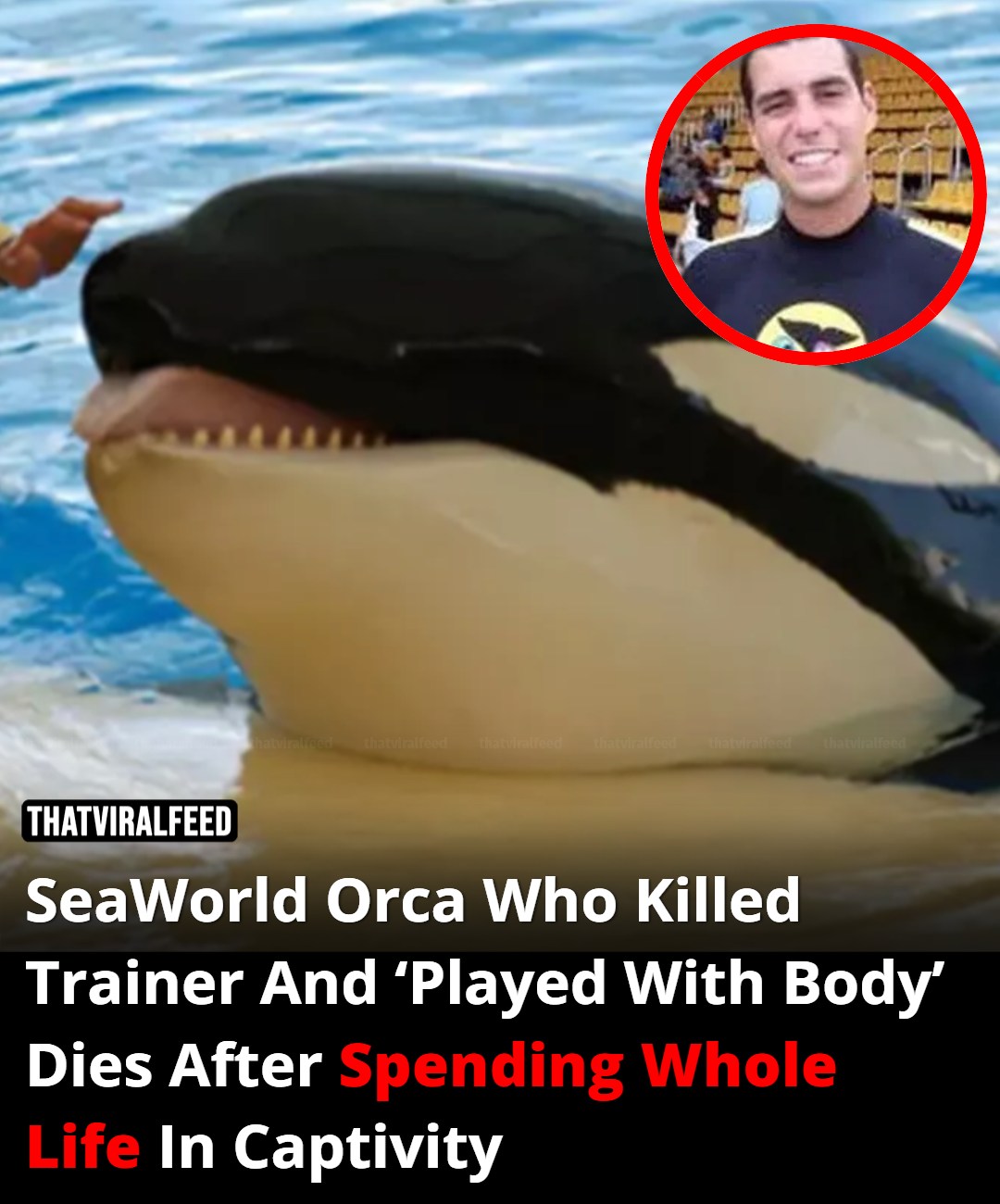The recent death of Keto, a 29-year-old orca who spent his entire life in captivity, has sparked renewed debate over the ethics of keeping marine mammals in artificial environments. Keto, born at SeaWorld Orlando in 1995, was transferred to Loro Parque in Tenerife in 2006, where he spent the remainder of his life.
Tragic History of Keto’s Life
Keto’s life in captivity was marked by a tragic incident in 2009. While at Loro Parque, he attacked his trainer, Alexis Martínez, during a Christmas Eve training session. Martínez later died from injuries, which included fractures, torn organs, and bite marks from the orca. This incident highlighted the dangers of keeping orcas in captivity.
Keto’s Passing and Public Outcry
Keto’s death on November 22, 2023, led to an outpouring of grief from Loro Parque, who described him as an “extraordinary ambassador” for his species. In a Facebook post, they mourned his loss, stating that he was not just an orca but “family.” However, the animal rights group PETA criticized the conditions Keto endured, stating that he should have known the freedom of the open sea and his family. They claimed Keto’s behavior was a result of the psychological strain caused by his captivity.
Calls for Change
Following Keto’s death, PETA and the Dolphin Project voiced strong concerns about the life orcas lead in captivity. They called for action to stop the abuse and deprivation that marine animals face in entertainment parks. PETA urged the public to stop visiting parks that exploit orcas like Keto.
Loro Parque Defends Its Practices
In response to the criticism, Loro Parque defended its care standards, claiming they provide the highest quality of care for their animals. They also dismissed PETA’s statements, labeling them as extreme and scientifically unfounded. The controversy over Keto’s life and death continues to fuel debates about the ethics of marine mammal captivity.
